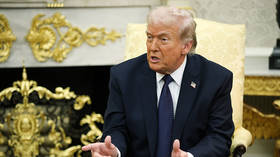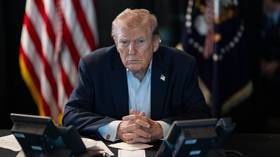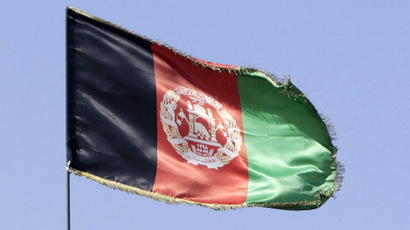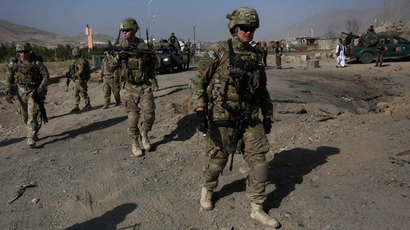US troops could stay in Afghanistan until 2024 - security pact
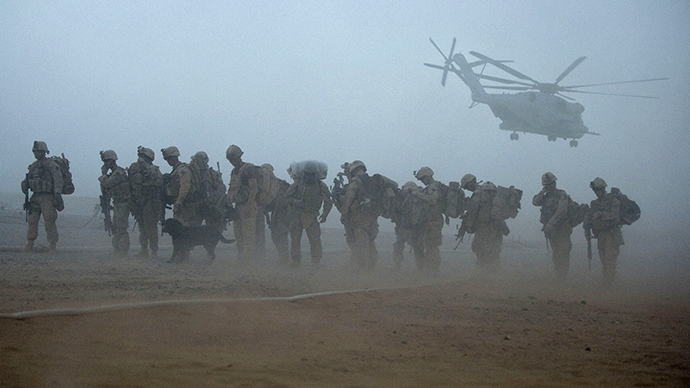
The US and Afghanistan have reportedly agreed on the draft of a mutual security pact indicating that US troops could remain in the country until 2024, according to Afghanistan. However, the US insists that some final details still need to be clarified.
Afghan politicians and tribal leaders will meet in two days to vote on the new agreement.
Although the final text of the agreement is expected to be presented to the grand council on Thursday, it still needs some final touches a US State Department spokeswoman said. “There are still some final issues we are working through… We are not there yet,” she said according to Reuters.
While the 25-page “Security and Defense Cooperation Agreement Between the United States of America and the Islamic Republic of Afghanistan” is still unsigned, the deal displays a willingness of the US to retain their military outposts for many years while continuing to pay to support Afghan security forces.
The presence of up to 15,000 American troops could potentially last until 2024, according to the document, which was released for public viewing by NBC News.
Without such an accord however, the US might have to pull out from Afghanistan by the end of 2014, as among other things the agreement regulates its troops’ immunity from Afghan law.
The early draft of the document states that “The Parties acknowledge that continued US military operations to defeat al-Qaeda and its affiliates may be appropriate and agree to continue their close cooperation and coordination toward that end.”
It also attempted to clarify the on-going contentious issue of whether the US military would be permitted to search civilian homes.
And according to paragraph 4, the deal “may be terminated by mutual written agreement or by either Party upon two years' written notice.”
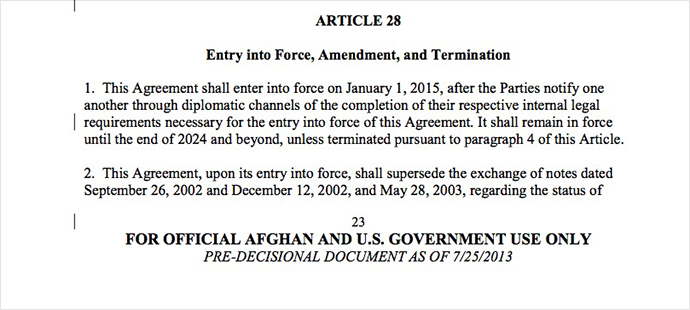
In a phone call on Tuesday, US Secretary of State John Kerry asked Afghan President Hamid Karzai that US troops be permitted to enter Afghan homes in “exceptional” circumstances, according to AP. Aimal Faizi, a Karzai spokesman, in response stated that any “extraordinary circumstances” could not be misused.
Earlier reports suggested that Karzai rejected a provision granting the United States authority to unilaterally carry out military operations within the country, including the search of civilian homes.
The NBC document is dated July 25, 2013, which accounts for some discrepancies in the document’s terms with the official statement. Hamid Karzai has long vocally expressed objections to US troops being permitted to enter homes and US troop immunity to Afghan law. However, the US maintained that both conditions are essential.
According to Faizi, the wording of these conditions was agreed upon during Tuesday’s phone conversation.
Such concessions from Karzai became possible after “both sides agreed that Obama will send a letter ... assuring the President and the people of Afghanistan that the right to enter into Afghan homes by US forces and the extraordinary circumstances will not be misused,” Faizi told Reuters.
Obama’s letter recognizing the damage done to the country’s civilians during the 12 year war will be presented to the Afghan grand assembly in an effort to gain popular support for a widely opposed deal.
“The whole idea of having a letter was to acknowledge the suffering of the Afghan people and the mistakes of the past. That was the only thing that satisfied the President,” Faizi said.
However, Obama's national security adviser, Susan Rice, told CNN in an interview on Tuesday that no apology for Afghanistan was in the works.
“There is not a need for the United States to apologize to Afghanistan. Quite the contrary," she said. "That is not on the table."
Later this week, thousands of Afghan political and tribal leaders will meet to decide whether to allow US troops to remain in the country following the 2014 withdrawal of foreign fighting forces.
The five-day long negotiations of the so-called Loya Jirga grand assembly are to begin on Thursday.
But even if the deal is approved by some 3,000 prominent Afghans, which is not guaranteed, the final decision will be made by the parliament after the convention.


